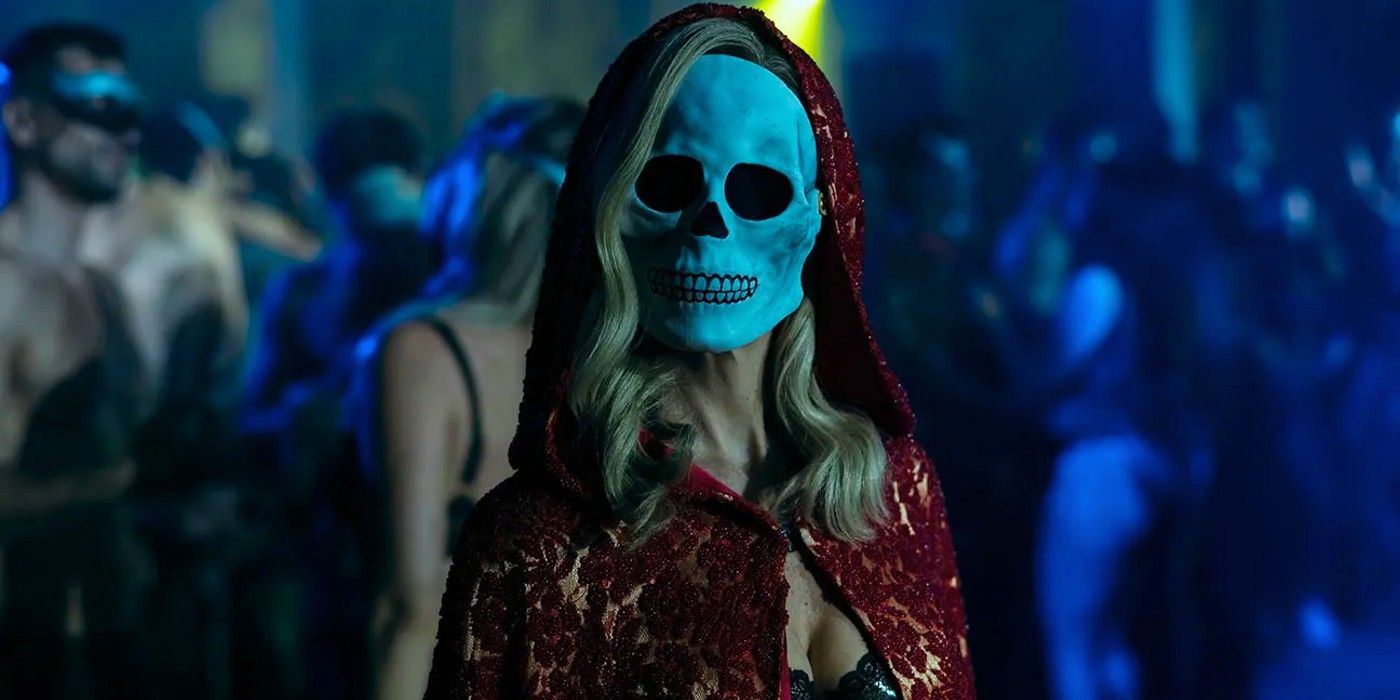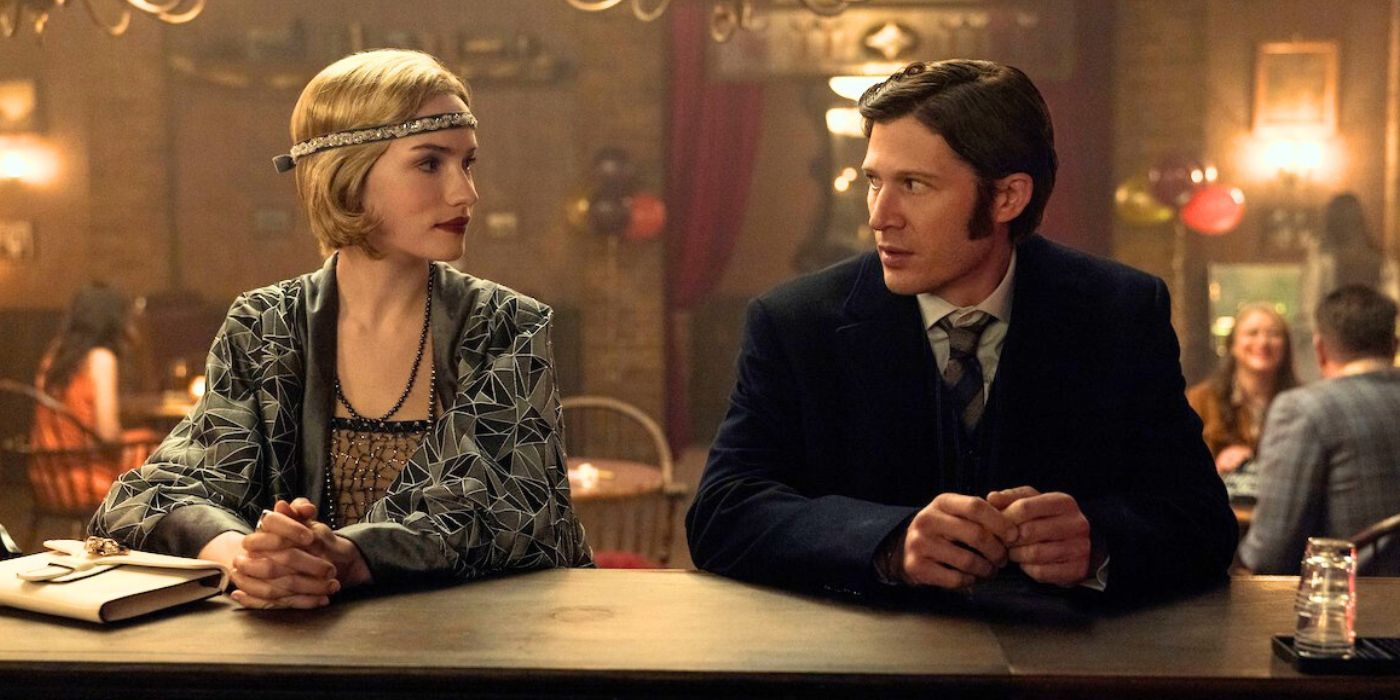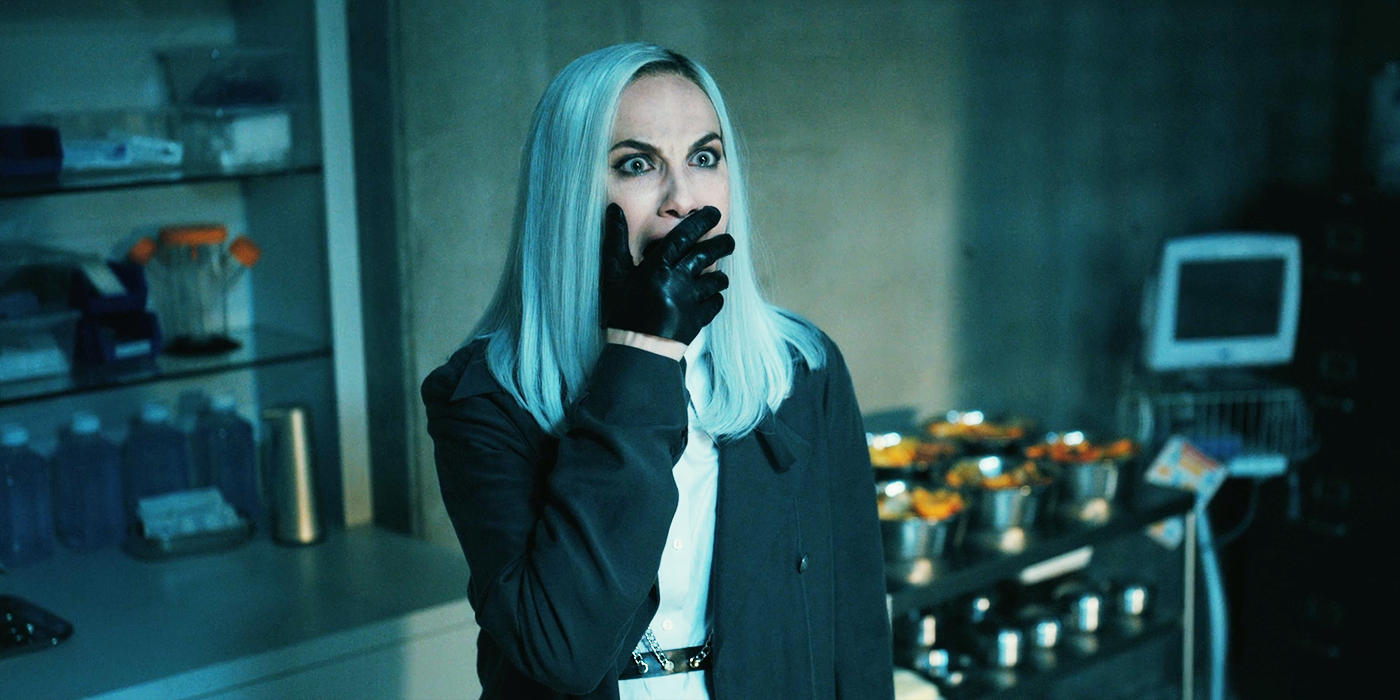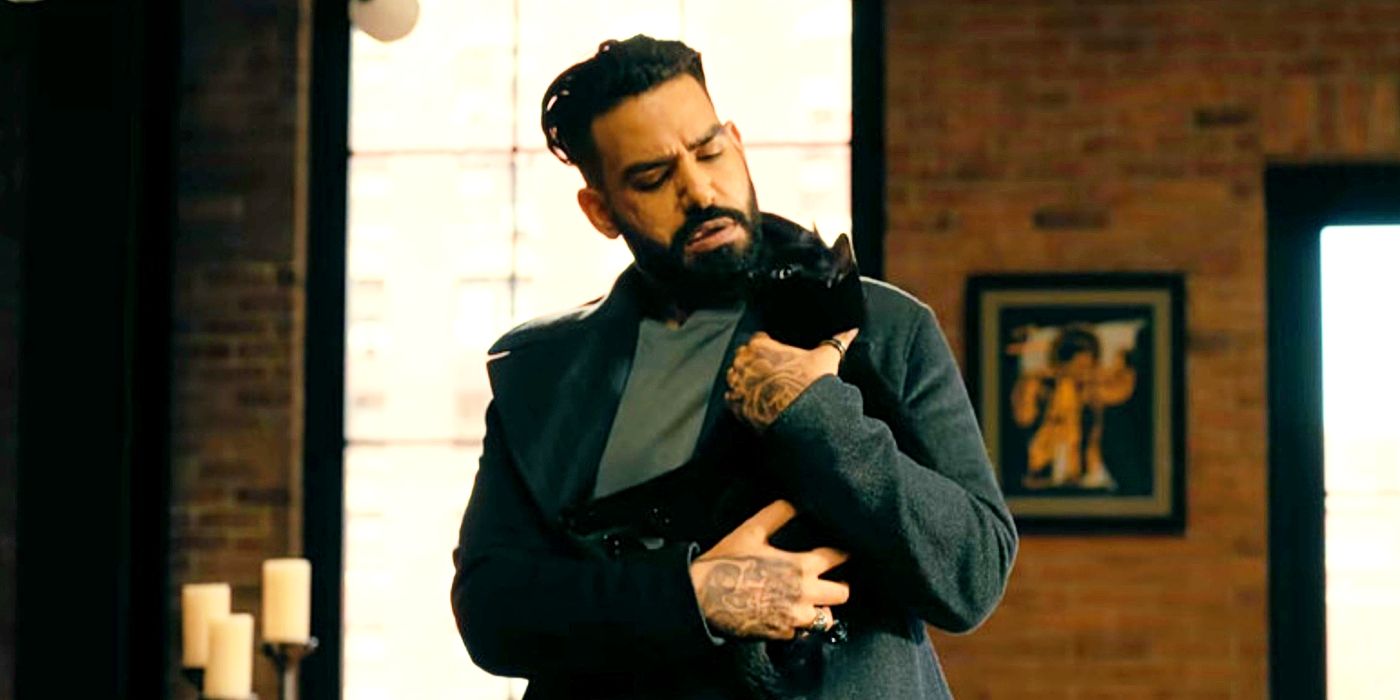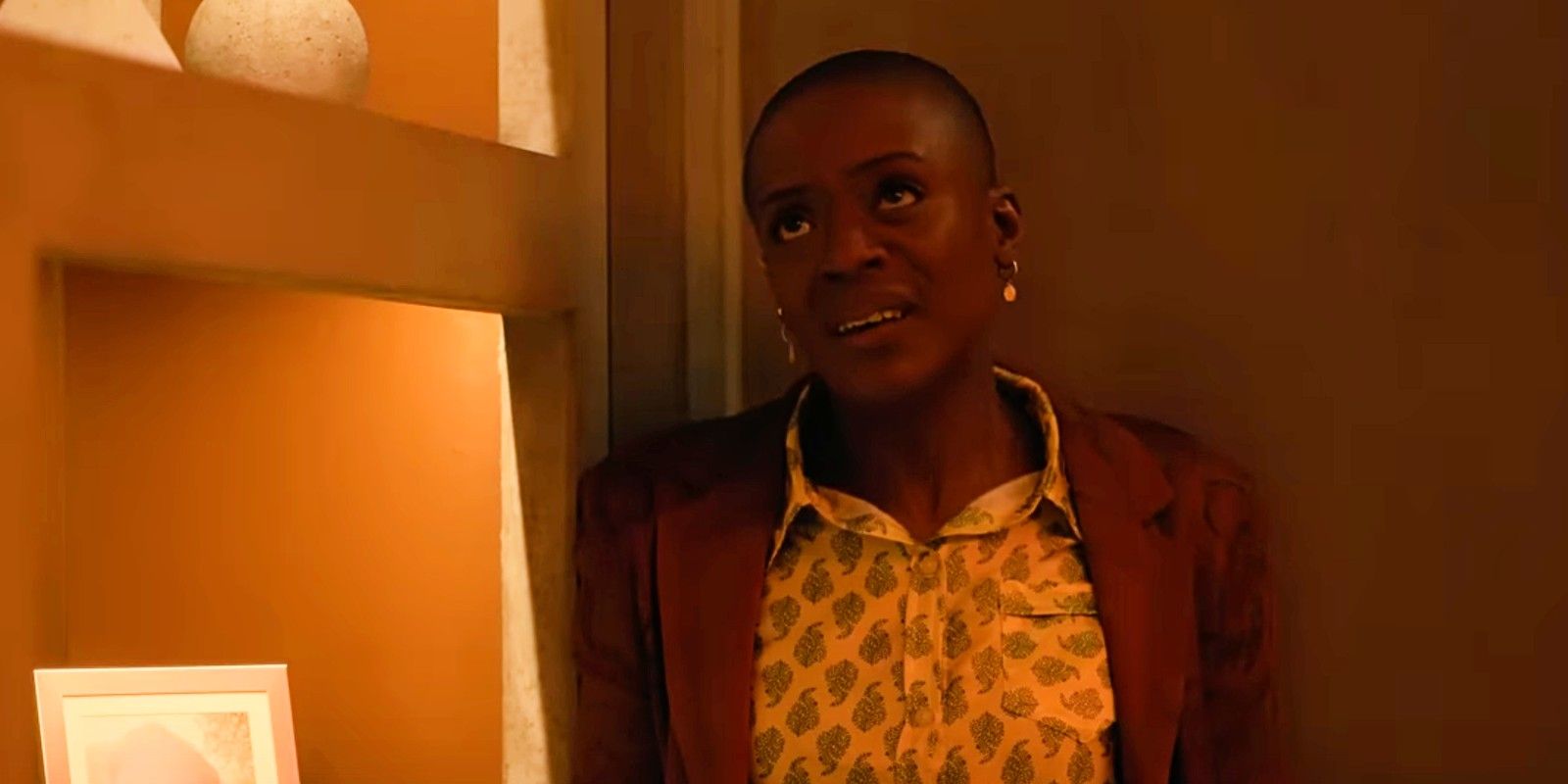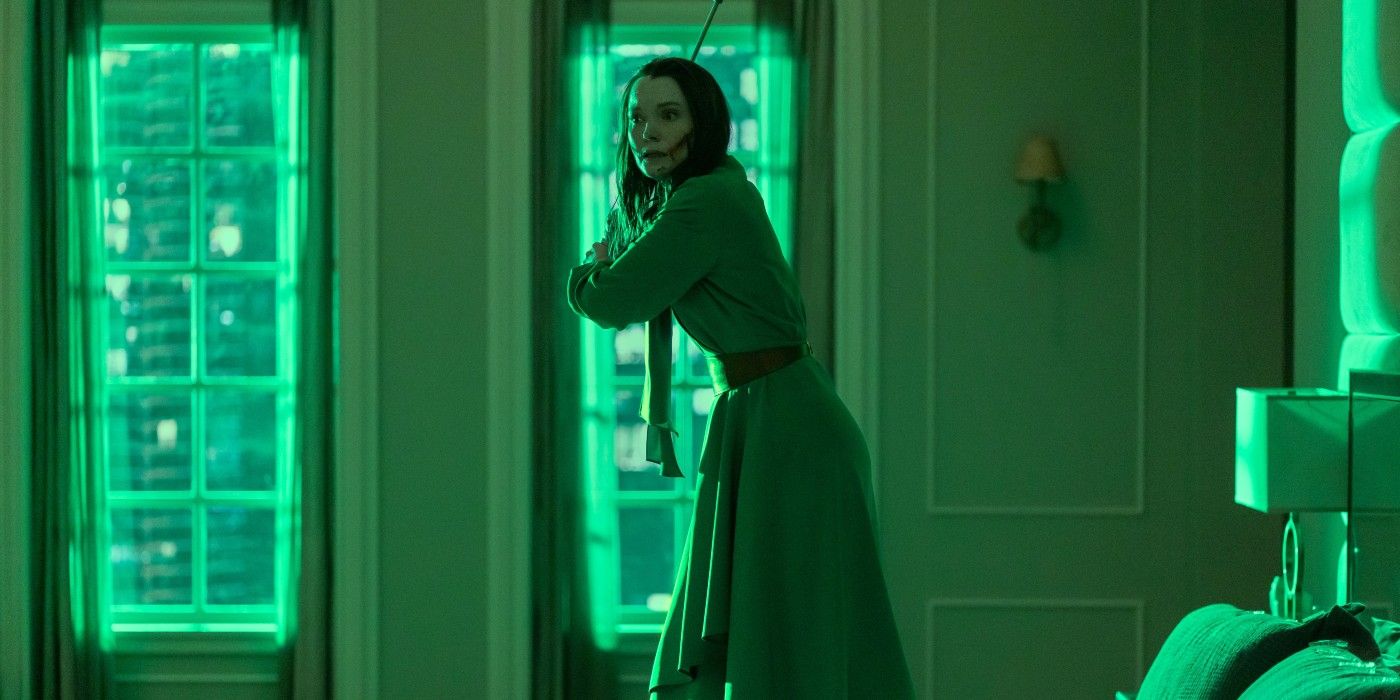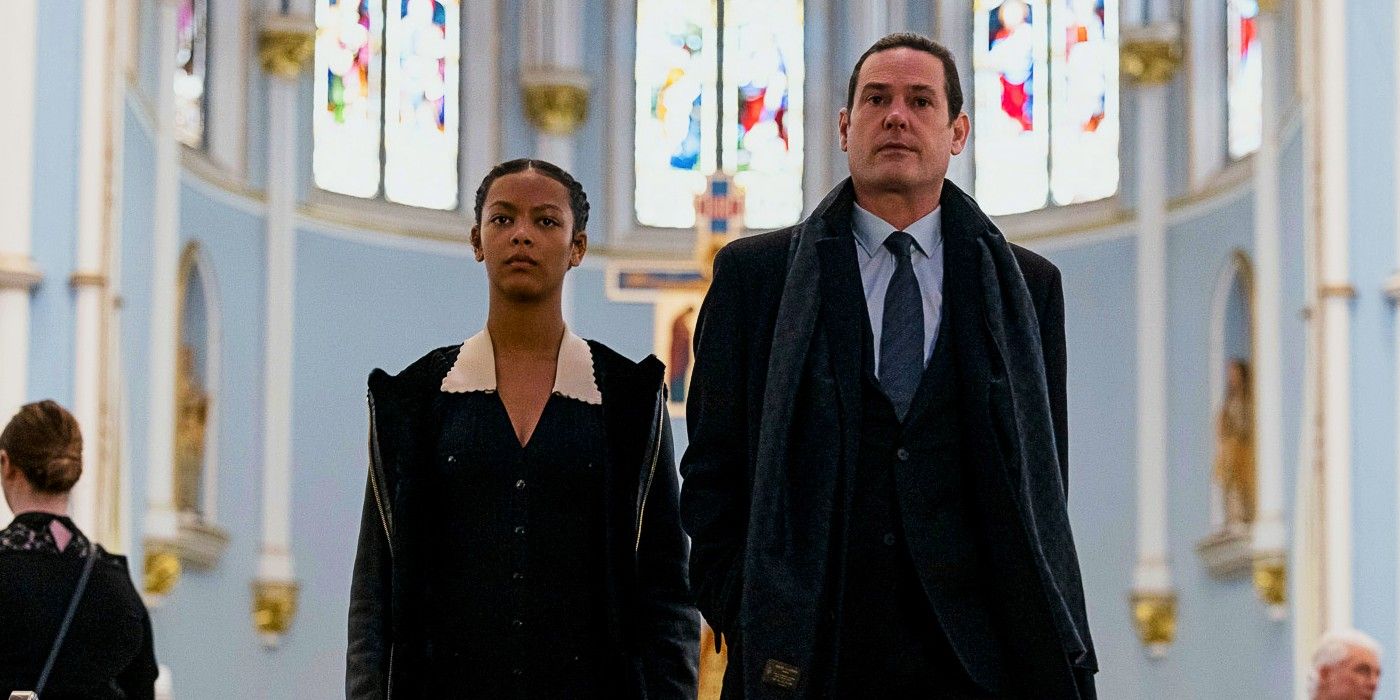
Unlocking the Enigmatic Secrets: The Hidden Depths of 'The Fall of the House of Usher'

Unveiling the Genius Behind 'Fall of the House of Usher': A Revelatory Theory on the Usher Family's Downfall, Personifying the Seven Deadly Sins
Viewers of The Fall of the House of Usher are increasingly drawn to a new theory that connects the fates of the family members to the 7 deadly sins. Following in the footsteps of Mike Flanagan's other Netflix projects, such as The Haunting of Hill House and Midnight Mass, this horror miniseries, inspired by the works of Edgar Allan Poe, delivers plenty of scares. However, it also takes a risk by incorporating elements of comedy, particularly parody, to satirize the central family. Based on Poe's short story of the same name, the series revolves around twins Roderick and Madeline Usher, who rise from their humble beginnings to take control of Fortunato, a major pharmaceutical company.
Although the Usher family tree is intricate, it is evident that they draw significant inspiration from the real-life Sackler family. The Sacklers, who own Purdue Pharma, the company responsible for producing and falsely marketing the highly addictive painkiller Oxycontin, have long managed to avoid accountability for their role in fueling the opioid epidemic in the United States. In Flanagan's miniseries, he skillfully utilizes the horror genre and the fictional painkiller Ligodone, associated with the House of Usher, to provide an incisive commentary on figures like the Sacklers. Naturally, The Fall of the House of Usher also pays tribute to Poe by gruesomely killing off each of Roderick Usher's six heirs, while infusing their deaths with deeper symbolic meaning.
The Usher Family Represents The Seven Deadly Sins – Theory Explained
A popular theory circulating on Reddit suggests that the members of the Usher family represent different cardinal sins, also known as the seven deadly sins. These sins, which include pride, greed, wrath, envy, lust, gluttony, and sloth, are prominently featured in Christian teachings and Western literature as the opposite of virtues. Despite the fact that the Usher family consists of eight core members, the theory proposes that the twins, Madeline and Roderick, both embody the same sin, while Roderick's six children represent the remaining vices.
The Fall of the House of Usher is undeniably filled with symbolism, including Flanagan's clever use of color and numerous references to Poe's other works. Additionally, the enigmatic characters of Verna and the jester of the House of Usher add to the intrigue. However, the theory about the seven deadly sins remains particularly compelling within the context of the popular series. According to theorists, each of the Usher children's individual storylines revolves around their specific vice, and these narratives are intricately intertwined with their gruesome deaths. In contrast, Madeline and Roderick are linked to the overarching sin of the story, as they are responsible for the predatory company known as Fortunato throughout the show.
Madeline & Roderick Represent Greed
Siblings the unquestionably wicked Madeline and Roderick Usher endured an undeniably challenging upbringing: their mother passed away when they were still young, and their biological father — who had engaged in an extramarital affair with their mother — showed no interest in their well-being. Despite being the legitimate successors to Fortunato, Roderick and Madeline had to begin their careers in the mail room and cunningly strategize their way to the pinnacle. In their youth, the pair forged a pact that prioritized wealth and success above all else. Fuelled by their insatiable greed for money and power, the avaricious siblings completely abandoned any vestiges of a moral compass, succumbing entirely to their most cardinal of sins.
Perry Represents Lust
Perry, also known as Prospero, is the youngest Usher sibling and distinctly associated with the sin of lust. His entire narrative revolves around organizing a raunchy gathering in a deserted Fortunato warehouse. Remarkably, Perry is so consumed by his desire for sex and wealth that he overlooks inspecting the factory's sprinkler system filled with corrosive acid prior to his event. Additionally, his conversation with Verna before his demise centers on the anticipation of something surpassing the actual experience—a mindset that aligns with lust and sensuality. Verna even goes as far as to describe Perry as "beautiful," only to witness his body being devoured and disfigured by acid.
Camille Represents Envy
Camille, the mastermind behind the family, is primarily associated with envy, although she possesses several other cardinal sins. Nevertheless, she is often portrayed as jealous and insecure, especially when it concerns her sister, Victorine. From Camille's perspective, Vic is highly accomplished and on the verge of revolutionizing the world, something that Camille finds hard to accept. As a result, she invades Vic's laboratory, desperately searching for information to use against her. Unfortunately, this endeavor ultimately leads to Camille's tragic demise. Just before her death, Camille listens to Verna's monologue about her own disdain for Vic and how envy transformed her into a monstrous being.
Leo Represents Sloth
Napoleon, or Leo as he's commonly known, represents the Usher sibling associated with the sin of sloth. Apart from indulging in substance abuse, Leo's prominent characteristic lies in his propensity for taking credit for others' accomplishments. Unlike his siblings, Leo leads a life devoid of regular employment, instead channeling all his financial resources into a video game company, where he supports the creativity and triumphs of fellow artists.
This allows him to indulge in a luxurious lifestyle. Shortly before his own death, Leo murders his boyfriend's cat, Pluto, and tries to conceal the act. As a result, he starts experiencing a series of hallucinations, where the top predator stalks him, lurking within the walls of his apartment, and leaving behind gruesome presents. Ultimately, his laziness triggers a form of insanity that culminates in his premature demise early on in The Fall of the House of Usher.
Vic Represents Pride
Victorine's entire identity centers around her work. She conceals her failures from everyone, as evidenced by her refusal to document the death of her chimp subject in episode 1, and her reluctance to acknowledge the truth even to her father (who also happens to be her funder). Undoubtedly, Vic embodies pride. When asked by Verna whether being famous or saving lives is more important, it becomes abundantly clear that Vic prioritizes fame and success. She resorts to manipulation, deception, and even murder in her pursuit of her ultimate objective. Unable to confront her shortcomings, Vic is haunted by the incessant chirping of her malfunctioning heart machine, a constant reminder that continues until she ultimately takes her own life.
Tamerlane Represents Gluttony
Frederick Represents Wrath
A devoted consumer, Tamerlane epitomizes excessive indulgence. Throughout Mike Flanagan's chilling Netflix series, her sole focus is on introducing her lifestyle platform, Goldbug. She firmly believes that it will revolutionize people's perceptions of her scandalous family. Forever deluded, Tamerlane confesses that she chose her husband, Bill, based on his marketability, as she saw him as the perfect embodiment of Goldbug. Rather than nurturing a genuine bond, she observes his interactions with sex workers from a distance. Eventually, Tamerlane's composed facade crumbles. Even in the aftermath of her siblings' deaths, she persists in launching her product. Her gluttonous nature overwhelms her, leaving her incapable of confronting reality. This makes her demise through a shattered mirror all the more impactful.As the Usher family saga unfolds, it becomes apparent that the eldest sibling, Frederick, also known as Froderick, reveals his monstrous true nature over time. Discovering that his wife, Morella, had deceived him by attending Perry's scandalous gathering, Frederick becomes consumed with an insatiable desire for revenge. Representing the embodiment of wrath, his actions involve actively suppressing his wife's healing process, providing him with a twisted sense of satisfaction. Filled with simmering anger and self-hatred, Frederick meets a fittingly violent end in the finale of The Fall of the House of Usher storyline.
Sources: Reddit
